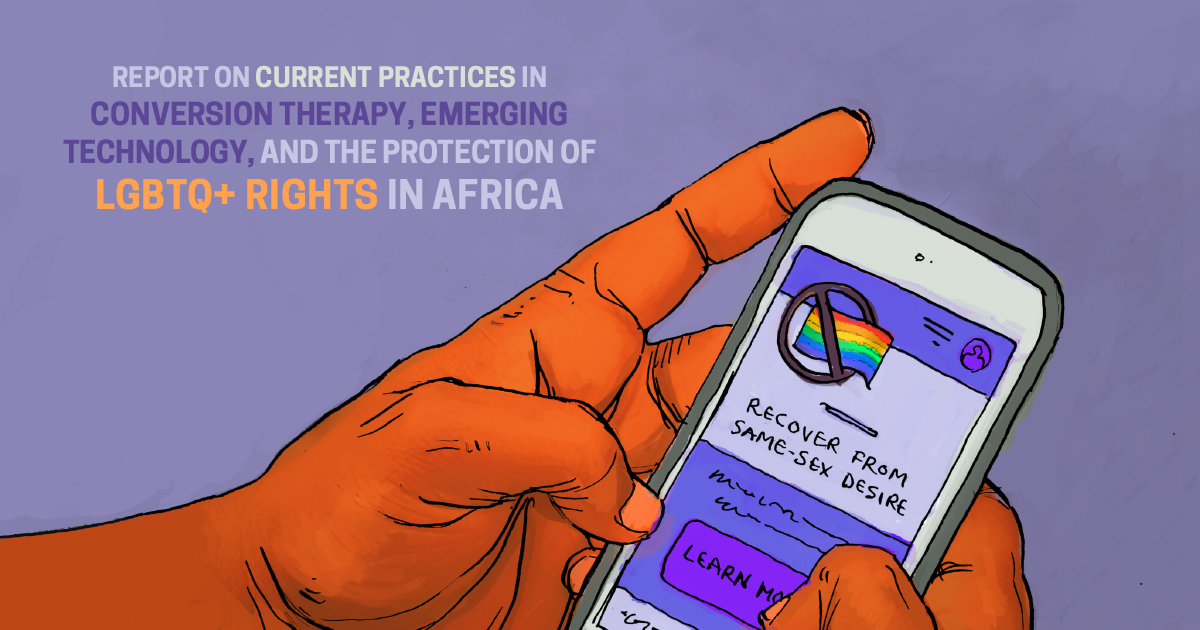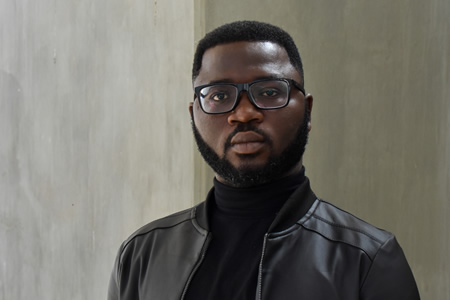In celebration of IDAHBOIT 2021, the Sexual Orientation, Gender Identity and Expression and Sex Characteristics (SOGIESC) Unit of the Centre for Human Rights, Faculty of Law, University of Pretoria, hosted a virtual webinar to launch the report on Current Practices in Conversion Therapy, Emerging Technology, and the Protection of LGBTQ+ Rights in Africa on the occasion of IDAHOBIT 2021, celebrated on May 17, 2021.
The theme for IDAHOBIT 2021 is ‘Together: Resisting, Supporting, Healing!’ and the report is a contribution to the conversation on the harmful effects of conversion therapy on human dignity and mental and emotional health of the LGBTQ community. The report looks at the nature of conversion therapy in Africa, the forms it takes, as well as its effects. It provides an analysis of why conversion therapy is considered a human rights violation and the reasons why it should be prohibited globally. The report also highlights the threat of emerging technologies and the impact these could potentially have in creating a more evolved, high-tech version of conversion therapy.
The webinar featured Rev Michelle Boonzaaier and Hanzline Davids both from Inclusive and Affirming Ministries, Arudi Laurah Maina from the Network of African National Human Rights Institutions (NANHRI) and Ohotuowo Ogbeche from The Initiative for Equal Rights (TIERs). The panel was moderated by Thiruna Naidoo (Project Officer, SOGIESC Unit). Amongst other issues, panellists explored the different forms of conversion therapy prevalent in African communities, as well as the impact of the fourth industrial revolution and the impact it has on LGBTQ+ rights within the digital space. There was a call for a multi-sectoral engagement on LGBTQ+ persons’ rights and the need for further protection against conversion therapy through engagement with how digital spaces are regulated, how virtual platforms are designed, and what advertising policies are developed all in line with promoting human rights principles and human dignity. Participants had the opportunity to contribute comments and ask questions. One particular issue which arose during the question session was whether we can continue to refer to the question of conversion initiatives that have evolved in the digital space as forming part of the discourse of conversion therapy or whether this is a separate situation.
The report forms part of the Centre’s #Tech4Rights campaign. The surge of technological advancements in the last two decades has had major impact on our society in an unprecedented manner. We see the effect in the transformation that is occurring in the shifts within healthcare delivery, access to education, coordination of protests, engagement in warfare and several other examples. The effect of technology has also been felt in both the creation of opportunities for and harmful effects on LGBTQ+ persons across the world. Conversion therapy is one of such intersections between technology and the rights of LGBTQ+ persons.
For more information on conversion therapy and the protection of LGBTQ+ persons in Africa, please contact:

Tel: +27 (0)12 420 3151
thiruna.naidoo@up.ac.za



